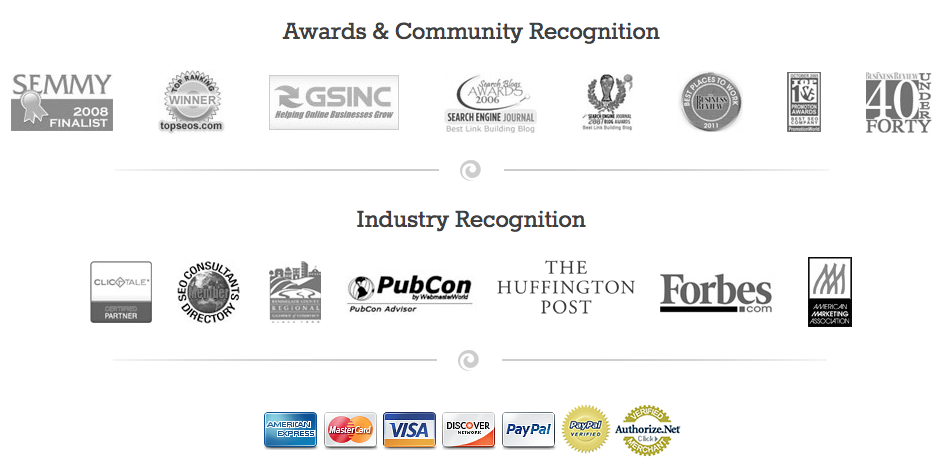
To add the above image to your website, please copy and paste the code below.
To paraphrase a question by Eric Ward: “If Google disappeared tomorrow, how would people find your website?”
This may seem silly until you consider that if Google’s spider cannot find your website, the search engine has disappeared for you. Your links should drive users to your website, not leave them in the dark as to your existence.
You cannot rely solely on organic search results, as this infographic shows. You must also incorporate SEO strategies that drive users to your website through other means, such as backlinks, to take advantage of all the possible ways users might find your website and to protect yourself against the vagaries of search engine algorithms. In fact, although most people focus on search engine results, links are just as important and, depending on the business you run, may be more important in generating conversion traffic.
Conversion is the number of people who visit your website and become paying customers. Links have a bit more power to drive conversion because people who land on your website from search engines are often casual browsers. If a visitor arrives as the result of a link, there is a good chance that he or she already has a strong interest in a particular topic or item.
There are certain questions you should ask about links before publishing them. Consider these questions when you are considering your link-building strategy:
- Is the webpage publicly visible? If people cannot see the page to which you are linking, it is not doing your business any good. A surprising number of links are located on pages that visitors will never see because they have been blocked from search engines.
- Can the spider read the page? Equally important is the page’s “readability.” It is unlikely that you can tell by looking at a page if it is readable, but there are simple SEO tricks to evaluate a page and see if the bots can find your links.
- How many links are there on a page? Are they redirected? The heavier the concentration of links and the more redirects a user goes through to get to the final page, the less likely it is that a user will stay the course.
- Is the link labeled “no follow”? If the link is labeled as a “no follow” link, visitors may not be able to get to your page.
It is also important to remember that just because links do not raise your search engine rankings, they still have the power to send visitors to your site. For this reason, search engine rankings are not the only consideration you should have when evaluating links. Anything that gets visitors to your site, especially to a particularly good landing page, may have value in driving business to your site.
At Bulletproof Digital, we understand link strategy and can help you build links that will benefit your business. If you need help with your internet marketing, please contact Bulletproof Digital to speak with an experienced online marketing professional.

